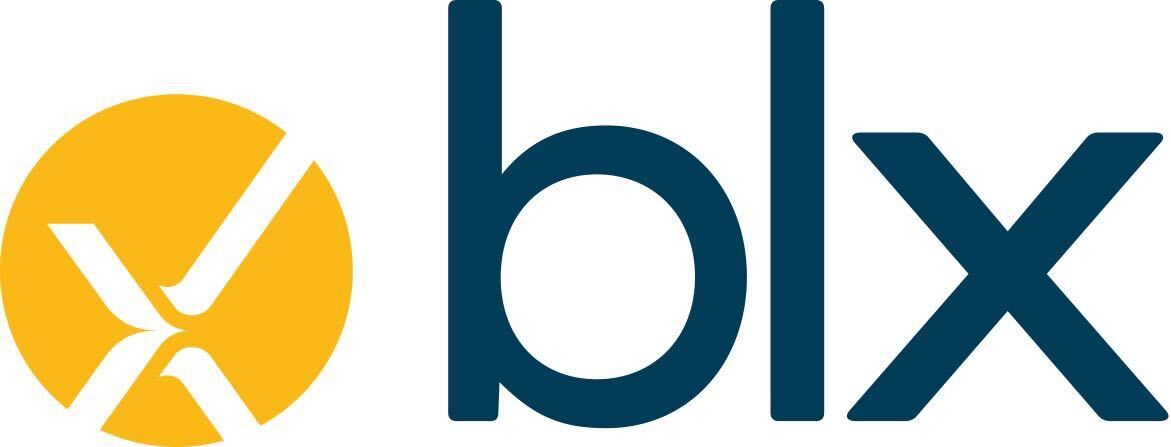
The BLX Institute
Arbitrage Rebate Compliance
How can I Comply with Arbitrage Rebate and Yield Restriction Rules?
Are there Exceptions to the Rebate Requirement I should be Aware of?
Can I get a Refund for a Prior Rebate Payment?
What is Arbitrage Rebate?
In public finance, Arbitrage refers to borrowing at tax-exempt rates and investing at higher taxable rates without incurring any additional risk. Arbitrage is investing tax-exempt debt proceeds in higher yielding taxable securities, resulting in a profit. In essence, Arbitrage encapsulates the disparity between the tax-exempt and taxable markets. In practice, it is the delta between the tax-exempt borrowing rate (i.e., bond yield) and the overall rate of return on investments (i.e., investment yield).
Technically, there are two separate arbitrage requirements governed by Section 148(f) of the Internal Revenue Code: Arbitrage Rebate and Yield Restriction.
Arbitrage Rebate is the dollar profit earned from arbitrage that must be paid back (or rebated) to the federal government. In general, Arbitrage Rebate applies to Gross Proceeds of an issue (i.e., Original Proceeds, Transferred Proceeds, and Replacement Proceeds).
Yield Restriction rules stipulate that certain tax-exempt bond proceeds cannot be invested at a yield materially higher than the bond yield after the end of a defined temporary period. In general, Yield Restriction applies to proceeds unspent in the project or construction fund after 3 years (or the end of the temporary period), amounts in excess of a Reasonably Required Reserve, and Transferred Proceeds.
Debt service accounts are normally exempt from the aforementioned requirements if they are Bona Fide Funds, as defined in Treasury Regulations Section 1.148-1(b), and not overfunded.
How can I Comply with Arbitrage Rebate and Yield Restriction Rules?
The IRS requires that Arbitrage Rebate and Yield Reduction payments be remitted no later than 60 days after each 5th bond year (as defined in the tax documents) and 60 days after the final redemption date. Accordingly, reports should be done at least every 5 years and when the bonds are fully redeemed. It is advisable to gather investment records on an annual basis to avoid unexpected delays in completing these installment analyses. Since Section 6001 of the Internal Revenue Code requires the retention of records to support tax positions, all arbitrage rebate reports and supporting documentation should be kept on file until at least 3 years after the bonds are paid off. If the bonds are refunded, this record retention period is extended to 3 years after the refunding bonds are retired.
Arbitrage Rebate and Yield Reduction payments are remitted with IRS Form 8038-T. If no payments are due, nothing is required to be filed with the IRS.
Besides the aforementioned Federal requirement, covenants set forth in the bond documents often stipulate that annual calculations will be performed. Moreover, auditors may require annual reports.
Are there Exceptions to the rebate requirement I should be aware of?
Yes – the Small Issuer Exception and the Spending Exceptions.
The Small Issuer Exception stipulates that if an issuer (and any subordinate entity) issues $5,000,000 or less per calendar year, the issue is not subject to the rebate requirement. Keep in mind that this is an expectations test. For school districts, the limitation is currently $15,000,000 (although no more than $5,000,000 can be used for non-construction purposes). Private activity bonds are not eligible for this exception.
Separately, there are three types of Spending Exceptions. All or a portion of bond proceeds may be excluded from the arbitrage rebate requirement if they meet a Spending Exception. If you earned positive arbitrage and met an exception, you are allowed to keep the excess earnings on the portion of proceeds that qualified for the exception. This can be a powerful planning tool when the yield curve is relatively flat or inverted. However, if you met a spending exception but earned negative arbitrage, you can opt to use the negative arbitrage to net against positive arbitrage earned in other funds.
- The 6 Month Spending Exception requires that all Gross Proceeds (except for amounts deposited in a Reasonably Required Reserve) be spent within 6 months. The spenddown period can be extended for an additional 6 months if unspent proceeds equal the lesser of 5% of Gross Proceeds or $100,000. This is the only exception available to refunding bonds. Transferred Proceeds from the refunded issue do not necessarily need to be spent within 6 months for the refunding issue to meet the requirements of this exception.
- The 18 Month Spending Exception requires Gross Proceeds (other than the Reasonably Required Reserve) to be spent as follows:
15% in 6 months
60% in 12 months
100% in 18 months - The 2 Year Spending Exception applies to “construction” issues only. The spending requirements are applied to Available Construction Proceeds. A reasonable expectations earnings test is used to project earnings as of the issue date. The projected earnings can be used for the first three spending periods (though you can elect to use actual facts). Actual facts are used for the final spending period. The expenditure requirements are as follows:
10% in 6 months
45% in 12 months
75% in 18 months
100% in 24 months
Reasonable retainage and de minimis allowances apply to spending exceptions.
Can I get a Refund for a Prior Rebate Payment?
Yes. You can file for a refund if all or a portion of a prior rebate or yield restriction payment was offset with negative arbitrage. In determining the eligible amount, the prior payment is accounted for at face value (i.e., it is not future valued through the given computation date). There is a two year statute of limitations to file for a refund.
Additional Resources
Complying with Arbitrage Requirements: A Guide for Issuers of Tax-Exempt Bonds and Conduit Borrowers
Record Retention Requirements for Tax Exempt Bonds
Tax-Exempt Bonds Community Updates
Tax-Exempt Governmental Bonds / Compliance Guide
TEBs Forms and Instructions
Understanding the Tax-Exempt Bonds Examination Process
For more information, or questions please contact:
Sandra Stallings
214 989 2701
[email protected]
